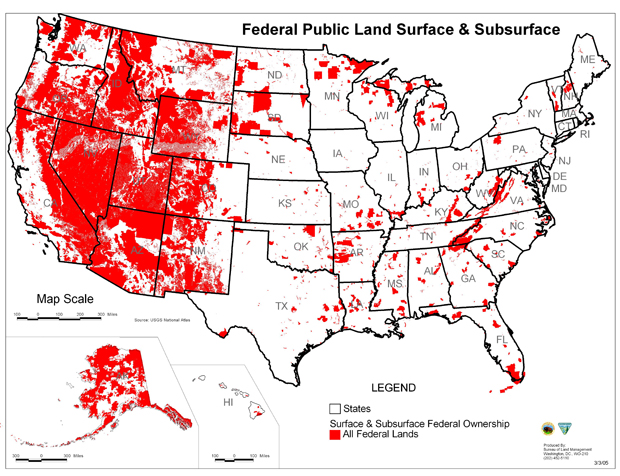 The New Dangerous Ignorance of American Public Lands
The New Dangerous Ignorance of American Public Lands
[dropcap]A[/dropcap]s would-be pontiffs pontificate about the shutdown, and ideologues of the left and right declare the end of America, some federal employees are going about some very serious business. You and I and Aunt Millicent are barred from visiting our National Parks and our federal wildlife refuges (that we paid for with our duck stamp money), and in Montana, more than 12,000 public lands managers, biologists, clerks and outhouse technicians are worrying about car payments while they are hunting ducks, watching Netflix, or trying to close in to archery distance with a big bull elk. But the government shutdown is no forced vacation for those who care nothing for America’s hunting and fishing heritage. These ideologues see this whole political pseudo-showdown as an opportunity, and they are busier than ever.
Representative Jason Chaffetz (R-UT) is pushing his bill, H.R. 2657, also known as The Disposal of Excess Federal Lands Law of 2013, to sell off 3.3 million acres of our public lands. H.R. 2657 is only the most recent mutation of the endless quest by a small group of politicians to get rid of public lands. H.R. 1017 (called the American Land Act), introduced in March of this year by Representative Ted Poe (R-TX), also mandates the sale of our public lands. Senator Orrin Hatch (R-UT) and Representative Rob Bishop (R-UT) have long supported giving 30 million acres of our federal lands to the state of Utah for management, with Senator Hatch having told reporters, “We should be taking care of the lands ourselves. No one wants to despoil the lands, but we’re sick and tired of the federal bureaucracy telling us what we can and cannot do.”
In the same story Hatch says that the lands will be developed for oil shale, logging, grazing and recreation. Last March, the Utah legislature passed House Bill 148 (“Transfer of Public Lands Act), which was signed by Utah’s Governor Gary Herbert into law, and awaits a ruling by the U.S. Supreme Court.
While state ownership of the lands might sound great to some of us, if we look a bit more closely at state budgets, we will see that no state has the resources to manage these lands- a single forest or range fire would send state officials scrambling to sell them off.
Who would buy them? China would almost certainly be first in line. Chinese investors have just purchased 5 percent of all the arable land in the Ukraine, to help feed their insatiable population of 1.344 billion people and rising. The Chinese are also investing heavily in Canada’s “undervalued” farmlands in Alberta and Saskatchewan, despite laws (as we have in Iowa and other Midwestern states) to prevent foreign nations from acquiring lands critical to national food security. Perhaps the Chinese will be outbid by the Saudis, who are buying up land and associated water all over the world right now.
When libertarian Ron Paul told Nevadans in 2010 that he favored giving states control over all of our federal lands, there was no mention of what would become of them. The cheering crowd never thought it through: where will you graze your cattle, hunt, shoot, or ride your four-wheeler when the lands are in private (and very likely foreign) ownership? Presidential hopeful Rick Santorum expressed the same view in Idaho that year- that our public lands should be sold to the private sector. I was baffled at the enthusiastic response from the audience, which seemed to be comprised mostly of middle class men and women- did they think that the purchasers would open the lands for more off-roading, hunting or shooting, than the current federal land managers do? That they would be hired at top wages to mine or log or build houses and cities? Have any cattlemen looked at the cost of grazing private property versus a federal grazing lease? Do they imagine that a Chinese landowner in Utah would give them a better deal? That a corporate landowner who purchases the land for a hunting retreat or to control and market the water supplies will allow them to graze at all?
I’ve followed this debate for over a decade now, and I’ve never seen this issue addressed. I believe the American people would shut it down if they knew the larger agendas at play here.
Since 1872, when President U.S. Grant signed the bill establishing the park that would become Yellowstone, there has been relentless opposition, from a very few, very powerful individuals and groups, to the very idea of American public lands. Men like Theodore Roosevelt and George Bird Grinnell (who spent years living among Native American tribes from the Pawnee to the Blackfeet and was the driving force behind the creation of Glacier National Park) fought against these powers to establish our system of public lands. Only we can decide whether that system will endure, if the freedom it provides is enough to fight for it.
To read complete story click here […]



